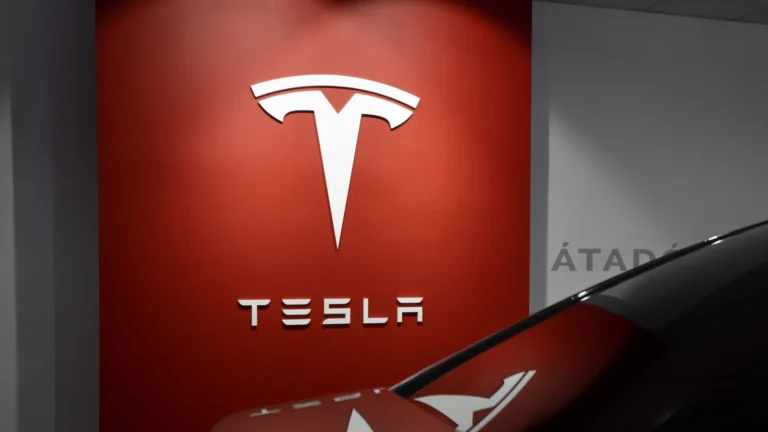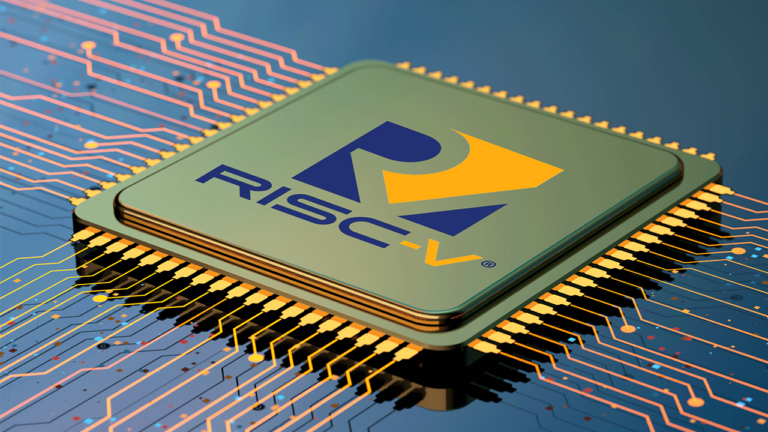The Quantum Computing Breakthrough: How Google’s Sycamore Processor Changed the Game Forever
Introduction
In 2019, Google made a groundbreaking announcement that sent shockwaves through the tech world: its Sycamore quantum processor had achieved “quantum supremacy”—a milestone where a quantum computer outperforms the most powerful supercomputers at a specific task. This achievement marked a turning point in computing, opening doors to solving problems previously deemed impossible.
In this in-depth blog post, we’ll explore:
- What quantum supremacy really means
- How Google’s Sycamore processor works
- The real-world implications of quantum computing
- The race between Google, IBM, and China in quantum tech
- What the future holds for quantum computing
What is Quantum Supremacy?
Quantum supremacy refers to the moment when a quantum computer solves a problem that would take even the fastest classical supercomputer an impractical amount of time—years, or even millennia.
Google claimed that its 53-qubit Sycamore processor completed a complex calculation in 200 seconds, a task that would take the world’s best supercomputer (IBM’s Summit) around 10,000 years.
Why Does This Matter?
- Unprecedented Speed: Quantum computers leverage qubits (quantum bits) that can exist in multiple states at once (superposition), enabling parallel computations.
- Breaking Encryption: Future quantum systems could crack current encryption methods, forcing a shift to post-quantum cryptography.
- Scientific & Medical Advances: Simulating molecular structures for drug discovery, optimizing supply chains, and revolutionizing AI training.
How Google’s Sycamore Processor Works
Unlike classical bits (which are either 0 or 1), qubits exploit quantum mechanics:
- Superposition: A qubit can be 0, 1, or both simultaneously.
- Entanglement: Qubits can be linked, meaning the state of one directly affects another, even at a distance.
Google’s Sycamore uses superconducting qubits, cooled to near absolute zero (-273°C) to maintain stability. The processor performed a random quantum circuit sampling task—proving it could handle unpredictability far beyond classical machines.
IBM’s Counterargument
IBM disputed Google’s claim, arguing that with optimizations, a supercomputer could solve the problem in 2.5 days, not 10,000 years. However, even if true, quantum computers still hold a massive speed advantage.
The Global Quantum Computing Race
Google’s breakthrough intensified the competition:
1. IBM’s Quantum Roadmap
- IBM Quantum Heron (2023): 133-qubit processor with improved error correction.
- Plans for 1,000+ qubit systems by 2025.
2. China’s Quantum Advancements
- Jiuzhang Photonic Quantum Computer: Achieved quantum supremacy in 2020 using light-based qubits.
- Zuchongzhi 2.1: A 66-qubit superconducting processor outperforming Google’s Sycamore in some tasks.
3. Startups & Corporate Investments
- Rigetti Computing, IonQ, and D-Wave are pushing for commercial quantum solutions.
- Microsoft, Amazon, and Intel are also investing heavily in quantum research.
Real-World Applications of Quantum Computing
While still in its infancy, quantum computing could revolutionize:
1. Cryptography & Cybersecurity
- Shor’s Algorithm could break RSA encryption, forcing a shift to quantum-resistant cryptography.
2. Drug Discovery & Material Science
- Simulating molecular interactions at an atomic level could lead to new medicines and superconductors.
3. AI & Machine Learning
- Quantum-enhanced algorithms could train neural networks exponentially faster.
4. Financial Modeling
- Optimizing portfolios, fraud detection, and risk analysis with quantum speed.
Challenges Holding Quantum Computing Back
Despite progress, major hurdles remain:
1. Error Rates & Decoherence
- Qubits are fragile; even slight temperature changes or electromagnetic interference cause errors.
- Quantum Error Correction (QEC) is still in development.
2. Scalability Issues
- Current quantum computers have 50-100 qubits; useful applications may require millions.
3. Cooling & Infrastructure Costs
- Maintaining near-absolute-zero temperatures is extremely expensive.
The Future of Quantum Computing
Experts predict:
✅ 2025-2030: First commercially viable quantum computers for niche applications.
✅ 2030-2040: Widespread adoption in industries like finance, logistics, and medicine.
✅ Post-2040: Potential for general-purpose quantum computing, transforming entire sectors.
Conclusion
Google’s quantum supremacy milestone was just the beginning. While challenges remain, the progress in quantum computing promises to reshape technology, security, and science in ways we can’t yet fully imagine. The race is on—will the next breakthrough come from Google, IBM, China, or a dark-horse startup?
One thing is certain: The future of computing is quantum.



